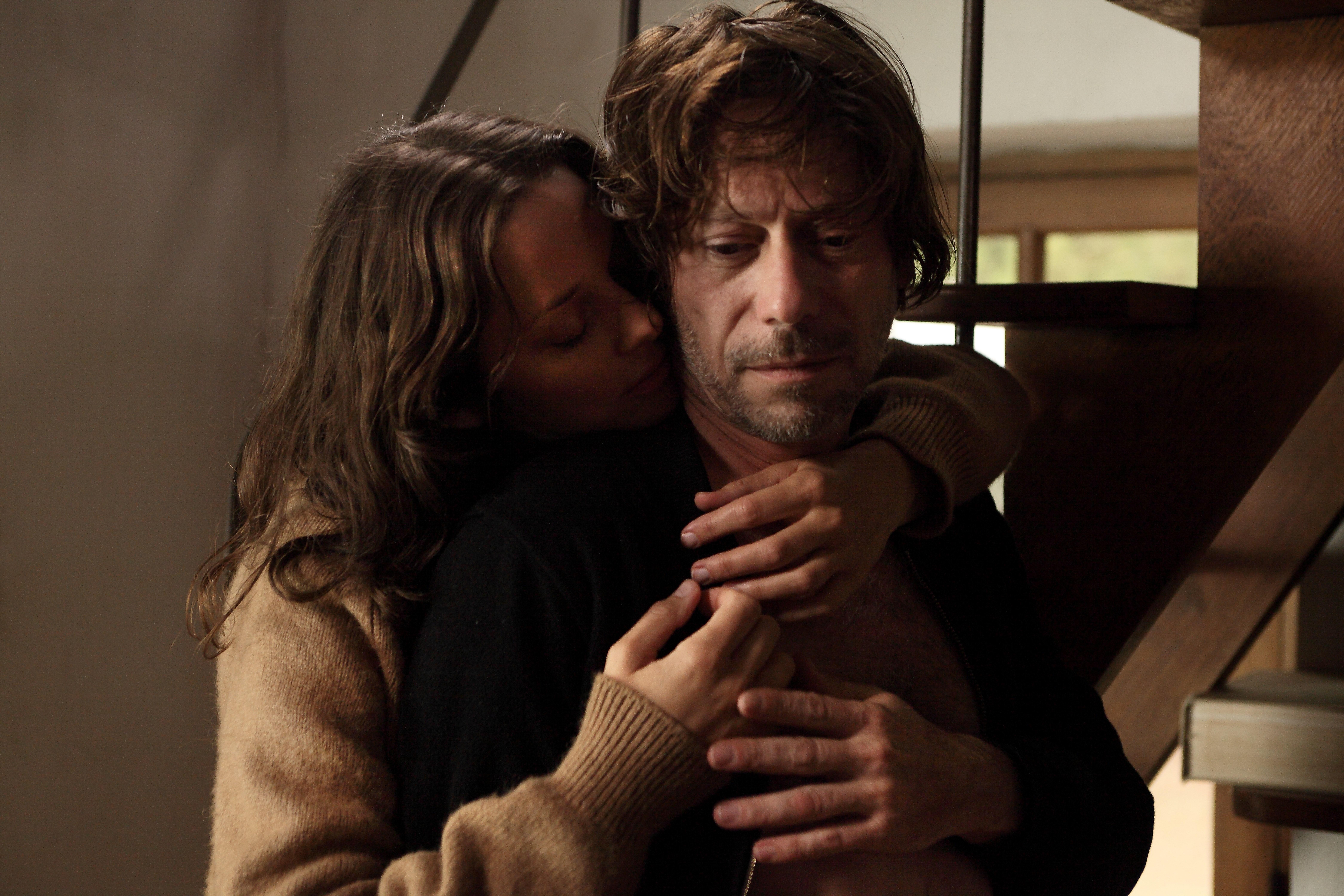
CANNES FILM FESTIVAL 2017
'Ismael's Ghost' starts Cannes off slowly
By Emily Bice, Daily Arts Writer
Magnolia Pictures

“Les Fantomes d’Ismael” or, “Ismael’s Ghosts,” kicked off the Cannes Film Festival yesterday afternoon. Well, maybe "kicked" is the wrong word. Rather, it gently nudged the festival, in what can be best described as a lackluster opening. Expectations were high for the first film of the 70th anniversary of the festival. Unfortunately, the film, written and directed by Cannes veteran Arnaud Desplechin (“My Golden Days”) did not impress its audiences.
The film centers around Ismael, (Mathieu Amalric, “Quantum of Solace”) an aging filmmaker who spirals out of control when his missing wife Carlotta (Marion Cotillard, “La Vie en Rose”) returns after a 21-year absence. Upon her return Carlotta, now essentially homeless, enters the lives of Ismael and his long-term girlfriend Sylvia (Charlotte Gainsbourg, “Melancholia”). The result is a strange love-triangle akin to Woody Allen’s “Vicky Christina Barcelona” without any polygamy. Instead, it is simply two women pining over one man, who is quickly falling apart.
In addition to the love triangle, there is a strange movie-within-a-movie. Viewers do not realize it at first, but the secondary story of the world-travelling, risk-taking Ivan (Louis Garrel, “The Dreamers”) is Ismael’s latest film. This fictional film is based off of the life of Ismael’s actual brother, Ivan. Therefore, a strange “meta realism” is created within “Ismael’s Ghosts.” Often, these non-sequitur storylines cut from one to the other. As a result, it is unclear whether the viewer is watching the imagination of Ismael, the product of his film or the reality of his brother’s life.
The film ends when Sylvia breaks the fourth wall and explains to the audience where each character ended up. This sudden shift of style and protagonist is jarring and frankly, leaves for a rather unsatisfying ending.
When the film ended, audience members scoffed. No one applauded the triumph of Cannes — because it wasn’t a triumph. Likely, many viewers walked away wondering what the selection committee was thinking, launching one of the world’s most important film festivals with a silly art-house romance.
Though I cannot get inside the head of the committee, a possible answer lies in a fundamental fact about the festival. Cannes sets standards for the film industry. It values quality, it values methodology and it values film as art. For all of its faults, “Ismael’s Ghosts” succeeds at one major task: respecting film as art by serving as an homage to French New Wave cinema.
The elements of French New Wave in “Ismael’s Ghosts” were obvious to anyone who has taken a film history class (or has a particular interest in French New Wave cinema). If there was a checklist for the elements of French New Wave, “Ismael’s Ghosts” would fill every box: narrative ambiguity created by multiple storytellers, unanswered questions left at the end of the film, strange editing and jump cuts. Even the shallow existence of each central character, all of whom lack compelling stories and redeeming qualities, answers to French New Wave. It makes viewers question the “absurdity of human existence.” And that’s French.
On this level, it is understandable why “Ismael’s Ghosts” opened the festival. Disappointing, however, is that an homage to French cinema is all the film was. In the heart of the international film industry, at a festival swarmed by thousands of people with different ethnicities, cultures and genders, “Ismael’s Ghosts” seems trite. It makes no attempt to impart knowledge on, or incite change in its viewers. It makes no attempt to be anything other than what it is: a film.
The line-up of the rest of the festival is promising and includes both politically and socially charged films. The Cannes Film Festival is celebrating 70 years of film, but a lot has changed since the inaugural festival in 1946. In a different era, maybe “Ismael’s Ghosts” could be a triumph. But in 2017, it just feels stuck in 1946.